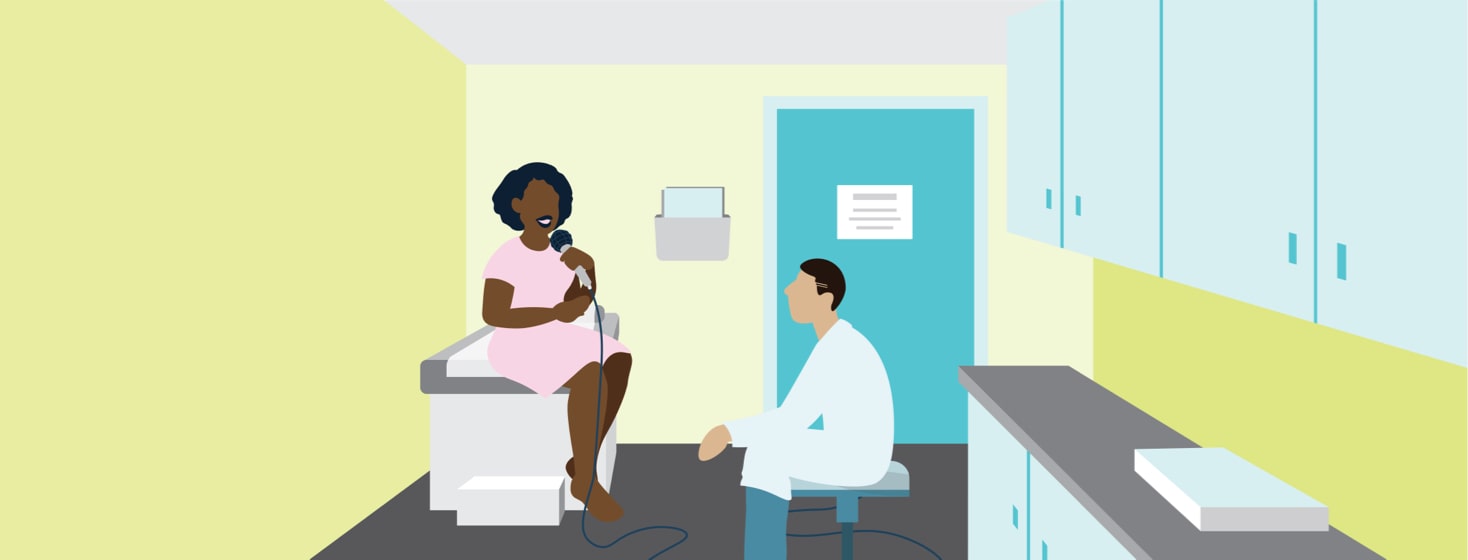Are You Listening?
Are you listening? The question that I have wanted to ask my doctor on a couple of occasions. This question can be the source of a great amount of frustration, disconnect, and sometimes resentment between doctors and patients. I can remember sitting in appointments describing symptoms and concerns and feeling like I was talking to someone who was absent. I set out on a mission to learn more about the role and function of listening in healthcare.
How do patients describe listening?
In one study, the researchers determined that patients determined listening as:1
- Critical to determining clinical information and diagnosis
- Important to healing as being therapeutic
- Listening is a method through which doctor-patient relationships can strengthen and grow
This study used listening as defined as "the process of receiving, constructing meaning from, and responding to spoken and/or non-verbal messages” by the International Listening Association.2
The importance of feeling heard
Raise your hand if you have ever felt that just being “heard” was therapeutic? I know that I have. In a recent exchange with my doctor, it was therapeutic for them to acknowledge my frustration and disappointment from a recent treatment failure. I know that this would not have been the case if they were not listening. I also know that not every interaction we have had has resulted in good communication. I like to think we are getting better at working together.
Fun fact: Many note that listening is important; however, not much focus on its clinical implications in patient care has been studied. I personally was not surprised by this information. It does seem like it would be an afterthought for a few health care providers that I have come across.
In an informal survey of friends with asthma, I asked if they had ever felt “unheard,” and everyone responded with yes. They noted that this ranged from disbelief that symptoms were real or serious. It was also a reason that some did not seek treatment in particular because they did not want to be dismissed. I personally find this so frustrating. While we may not always be right as patients, we should at least be heard.
Listening improves doctor-patient relationships
In medical education, "listening" is regarded as important and a skill that needs to be taught and applied in medical school.3 Medical educators identified that being a good doctor encompasses a combination of technical skills and communication. They noted that the technical skills were usually obvious; however, communications skills that include listening and nonverbal communication were also needed.3 When there is good communication, there is improved physician effectiveness and satisfaction among patients. Have you ever had a doctor that was a skilled clinician but a terrible communicator?
I am hopeful that doctors understand the importance of communication in their role as good doctors, and medical education programs are raising a new crop of good listeners. I would love to hear about your experience with good or bad listeners.

Join the conversation